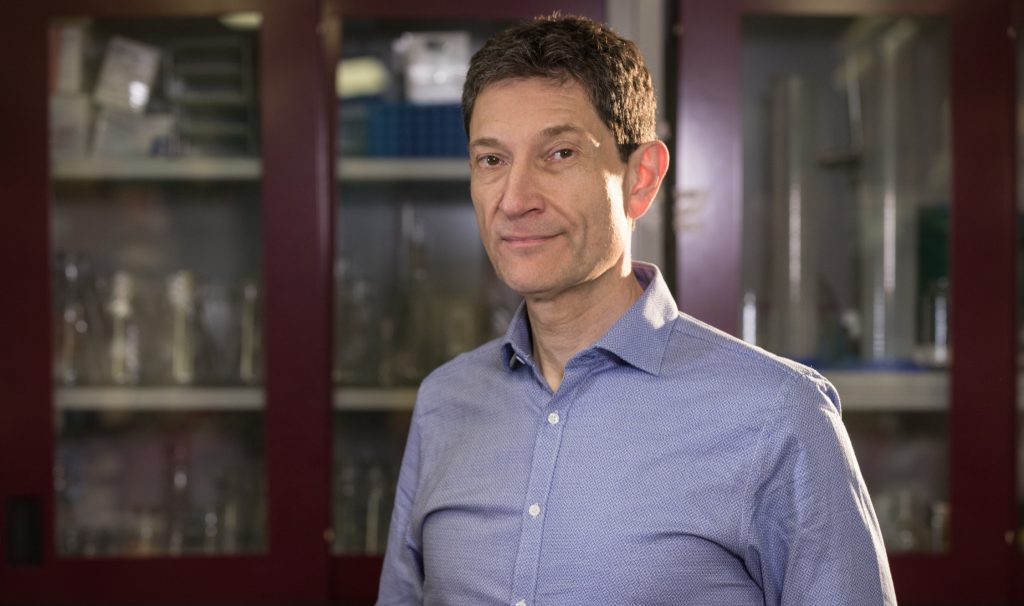McMaster and SFU to lead national network for modelling infectious disease epidemics

Mathematician David Earn, above, will co-lead a a national network to track the spread of infectious disease. His co-lead on the CANMOD project is Caroline Colijn at Simon Fraser University.
BY Michelle Donovan
April 12, 2021
A team of researchers at McMaster, Simon Fraser University and several other universities across the country, has received $2.5-million in funding from the federal government to establish a national network to track the spread of infectious disease.
The funding, announced recently by the Natural Sciences and Engineering Research Council, will create the Canadian Network for Modelling Infectious Disease (CANMOD), bringing together mathematicians, statisticians, epidemiologists and public health experts to increase the country’s ability to track the spread of pathogens, such as SARS-CoV-2, and inform short, medium and long-term public health decisions.
“McMaster has a solid track record of leading multidisciplinary research initiatives, tackling issues from a variety of angles to solve complex societal issues,” says Karen Mossman, McMaster’s vice-president of research.
“The government’s investment in this national initiative will yield significant dividends for all Canadians as the research results will help to shape evidence-informed public health decisions and policies,” she says.
The network, which will become a part of Canada’s Global Nexus for Pandemics and Biological Threats, will study how diseases spread, help to anticipate the future course of an outbreak and help guide public health planning and infectious disease control.
Together with Caroline Colijn at SFU, David Earn, a professor of mathematics at McMaster, will co-lead the team, which includes McMaster colleagues Ben Bolker, Jonathan Dushoff and Mark Loeb.
“Modelling has played an important role in understanding and forecasting the trajectory of the COVID-19 pandemic in Canada and around the world. But in Canada we did not have structures in place that made it easy to assist when the pandemic started, and we still lack effective mechanisms to coordinate modelling activities around the country and collaborate easily,” says Earn.
“Through CANMOD, public health agencies and policymakers across the country will benefit from the support of engaged groups of modellers who have experience working with Canadian data, are familiar with local epidemiological, socio-cultural, and health-system contexts, and who are passionate about collaborating on public health research,” he says.
The researchers will study incidence, mortality, hospitalization, testing patterns, and genetic sequences, and will use mathematical models to assess and improve strategies for surveillance, vaccine distribution, control through non-pharmaceutical interventions, and epidemic forecasting.
“SARS revealed gaps in our ability to rapidly assimilate data into models, and we’ve worked to address that. But we were still under-prepared for COVID. With CANMOD as a base for broader collaboration across Canada, we expect to be better prepared for the next outbreak,” says Dushoff, a professor in the Department of Biology at McMaster.
CANMOD will bring together researchers from a variety of hospitals and public health agencies and many universities, including Yukon College and the Universities of Victoria, British Columbia, Alberta, Calgary, Saskatchewan, Manitoba, Guelph, Waterloo, Brock, Toronto, Ryerson, Ottawa, Queen’s, Laval, McGill, Memorial and Prince Edward Island.


